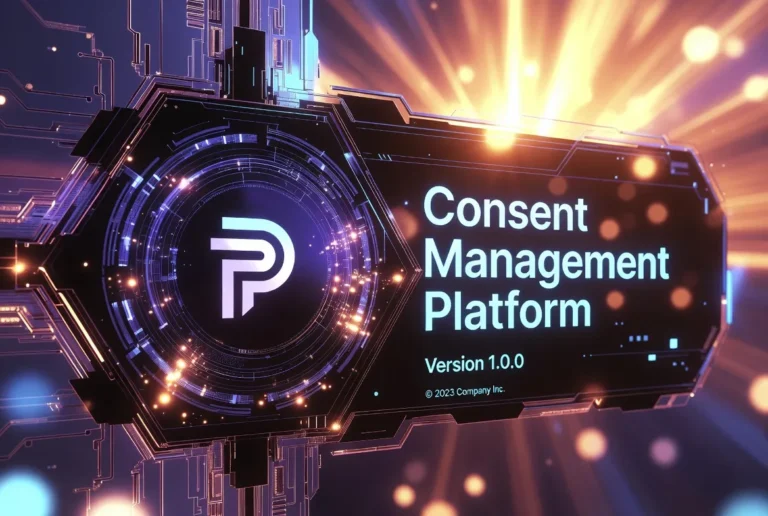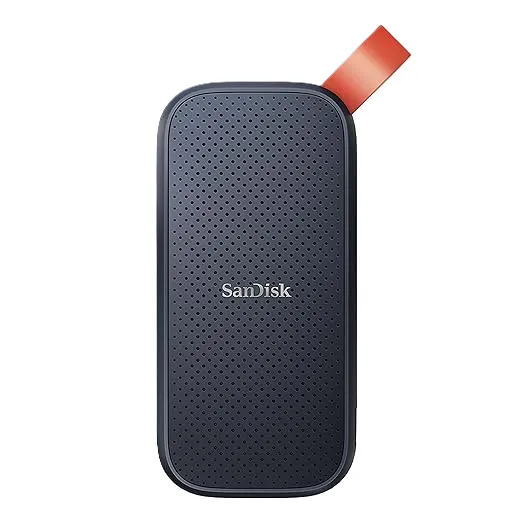
In the ever-evolving landscape of digital commerce, affiliate marketing has maintained its status as a potent and dynamic strategy for both businesses and marketers. As we step into 2023, it’s essential to explore the latest trends and strategies that are shaping the affiliate marketing landscape and influencing its effectiveness.
Influencer Partnerships:
In 2023, the synergy between affiliate marketing and influencer partnerships is more pronounced than ever. Brands are recognizing the value of collaborating with influencers to promote their products and services authentically. Micro-influencers, with their engaged and niche audiences, are gaining traction as effective affiliates, delivering high-quality leads and conversions.
Content Quality and Personalization:
Gone are the days of generic content. In the current affiliate marketing climate, the emphasis is on producing high-quality, value-driven content that resonates with the target audience. Personalized recommendations and reviews establish trust and credibility, resulting in higher conversion rates.
AI-Powered Analytics:
Advancements in artificial intelligence have revolutionized data analytics in affiliate marketing. AI-driven tools can now analyze vast amounts of data to identify trends, patterns, and customer behavior. This data-driven approach enhances decision-making, enabling marketers to refine their strategies for maximum impact. Big Data Analytics
Understunding Natural Language Processing (NLP) and The Future.
Diversified Affiliate Models:
Affiliate marketing has expanded beyond traditional models. While the pay-per-sale model remains popular, businesses are exploring pay-per-click, pay-per-lead, and even hybrid models to align incentives and optimize results. This diversity allows for flexibility and tailoring strategies to specific goals.
Video Content Integration:
Visual content, particularly videos, has become a dominant force in online engagement. Affiliates are leveraging video platforms, such as YouTube and TikTok, to create informative and engaging content that showcases products and influences purchasing decisions.
Mobile Optimization:
With mobile devices driving a significant portion of online traffic, affiliates are focusing on optimizing their strategies for mobile users. Mobile-friendly websites, responsive design, and mobile-specific campaigns ensure a seamless experience for consumers on-the-go.
Ethical and Sustainable Marketing:
Consumers are increasingly mindful of ethical and sustainable practices. Affiliates who align with brands that share these values can tap into a growing audience segment that seeks products and services that resonate with their beliefs.
Data Privacy and Compliance:
As data privacy regulations continue to evolve, affiliates and businesses must prioritize compliance with regulations like GDPR and CCPA. Transparency in data collection and consent management are vital for maintaining consumer trust.
Niche Domination:
Affiliate marketers are carving out niches to differentiate themselves in a crowded market. By focusing on specific industries or products, affiliates can establish themselves as authoritative sources and cater to highly targeted audiences.
In conclusion, affiliate marketing in 2023 is a dynamic landscape defined by trends that emphasize authenticity, personalization, and strategic partnerships. Staying ahead of these trends and adapting to the evolving digital landscape will be key for businesses and marketers looking to harness the full potential of affiliate marketing to drive revenue, engage consumers, and build lasting brand relationships.







